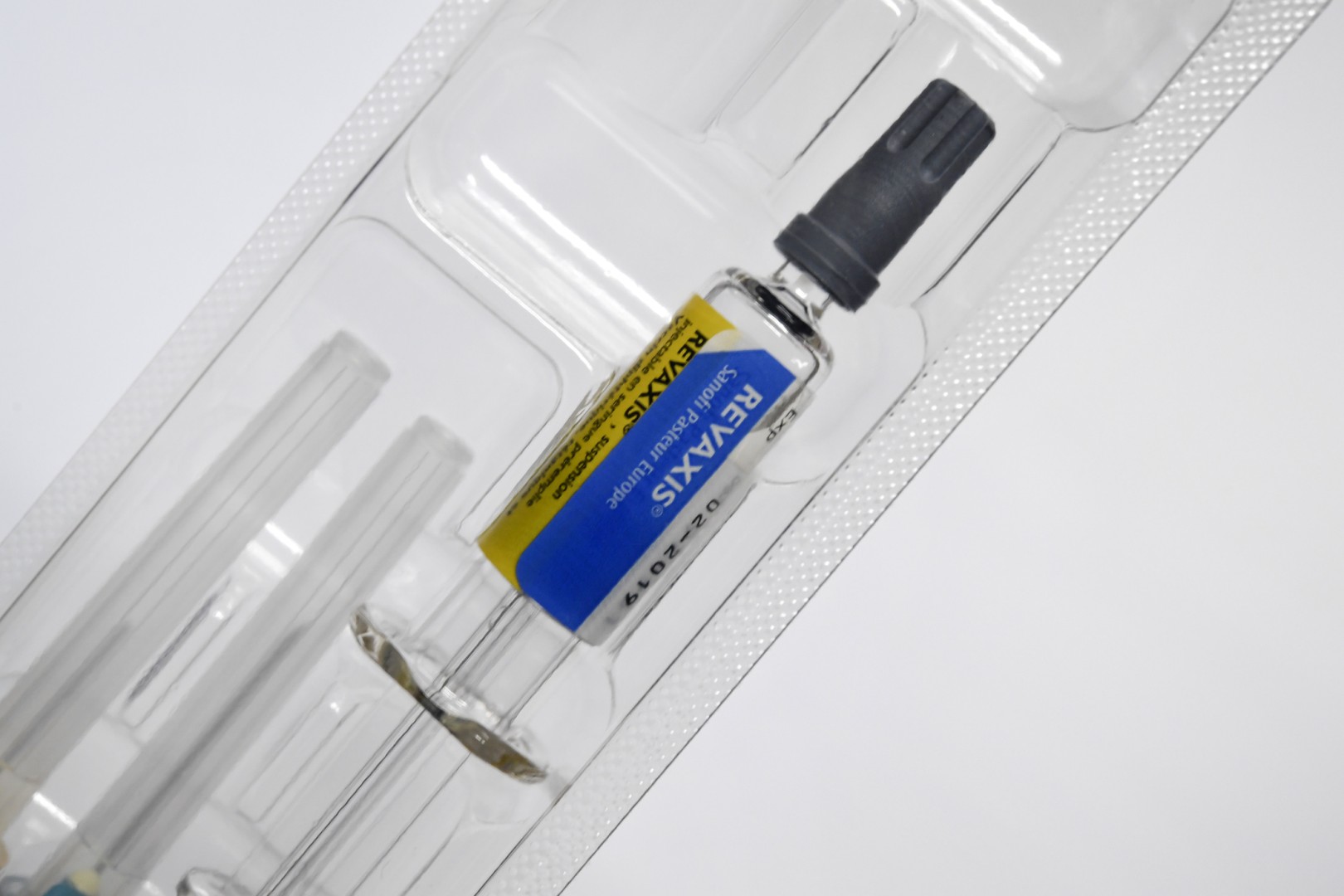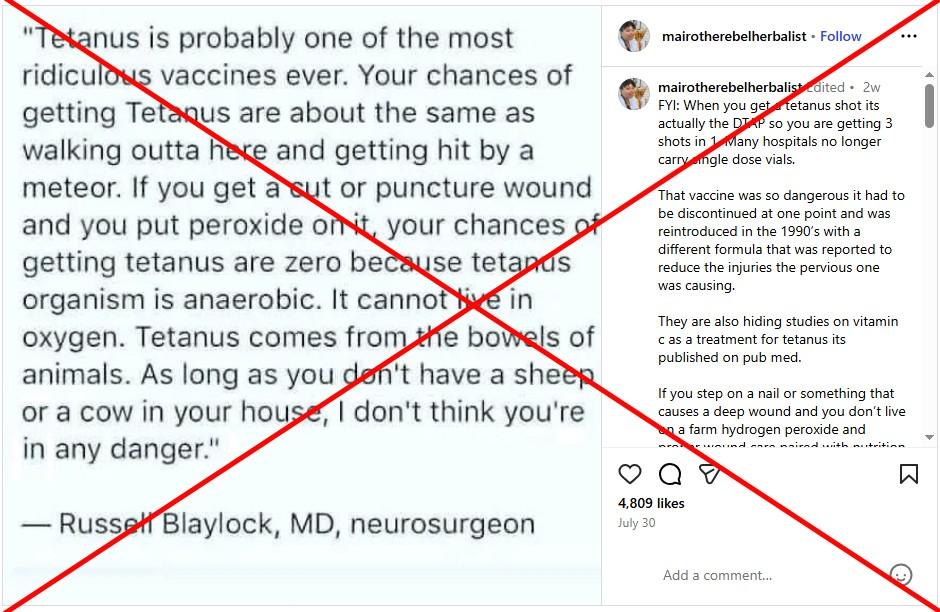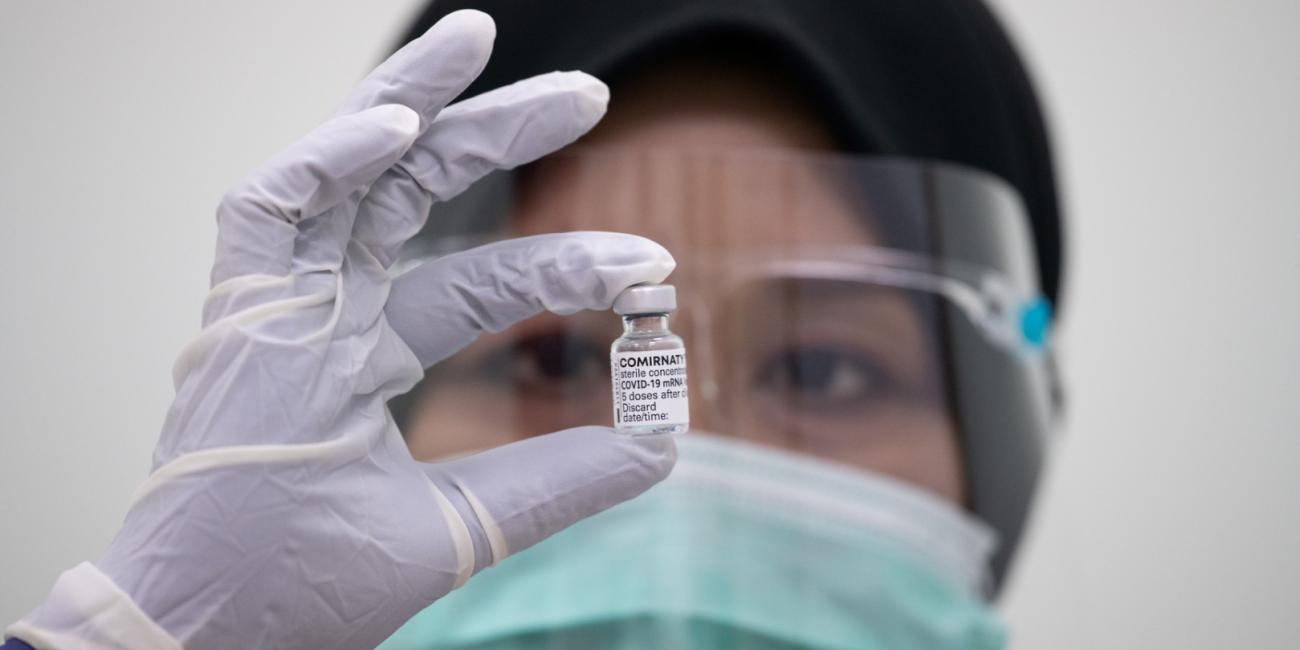
Doctors say tetanus still merits vaccination, despite posts downplaying risks
- Published on August 14, 2025 at 23:13
- Updated on August 15, 2025 at 04:21
- 3 min read
- By Gwen Roley, AFP Canada
"Tetanus is probably one of the most ridiculous vaccines ever," says the text in an image shared July 30, 2025 on Instagram. "Your chances of getting Tetanus are about the same as walking outta here and getting hit by a meteor."
The claim, which also spread on Facebook and X, goes on to allege that applying peroxide to a wound will effectively eliminate the risk of infection and that tetanus "comes from the bowels of animals."
"As long as you don't have a sheep or a cow in your house, I don't think you're in any danger," adds the text, which attributes the statement to neurosurgeon Russell Blaylock, who has previously promoted misleading health claims.

The posts come as experts say vaccine misinformation is rampant online and may be contributing to falling vaccination rates across the United States and Canada (archived here and here).
In a June 2025 video announcing the elimination of funding for a global vaccine body, US Health and Human Services Secretary Robert F. Kennedy, Jr. criticized "whole cell" DTP shots protecting against tetanus, diptheria and pertussis.
AFP regularly debunks false vaccine claims and recently fact-checked posts that misled about the Vaxelis 6-in-1 shot, which protects against multiple diseases including tetanus.
The claim that the risk of a tetanus infection is almost nonexistent, rendering the vaccines unnecessary, is similarly misleading.
Deep wounds
Tetanus is an acute infectious disease caused by spores of Clostridium tetani bacteria, according to the World Health Organization (archived here).
The bacteria is anaerobic, meaning that after being dormant, it can thrive in environments devoid of oxygen (archived here). This characteristic makes deep wounds the perfect place for the spores to germinate.
Barry Pakes, a public health specialist at the University of Toronto, said it is true that cleaning a shallow cut with peroxide or another antiseptic could kill off superficial tetanus-causing bacteria (archived here).
"But that's not where the problem is," he said August 7. "The problem is when it gets almost injected into your tissue."
He said the "classic" tetanus risk scenario of stepping on a rusty nail is so well known because these types of injuries push spores deep into the flesh, where topical solutions cannot reach them.
Once deprived of oxygen, the bacteria begin releasing a toxin that causes tetanus symptoms such as headaches, fevers and seizures (archived here).
"Then you become very, very ill and you can potentially die of it," Pakes said. "Like almost everything else, we don't see it often because of vaccination."
As with most vaccines, tetanus shots train cells in the body to fortify an immunity response to a specific infection, preventing severe outcomes (archived here).
Pakes said tetanus immunization works well in tandem with other vaccines, which is why there are combination shots such as the Vaxelis 6-in-1.
Exposure risks
Earl Rubin, a pediatric infectious disease specialist at Montreal Children's Hospital (archived here), agreed that vaccination remains necessary and said boosters are recommended roughly every ten years (archived here and here).
They can also be administered when a patient comes in with a deep wound and potential exposure to tetanus-causing bacteria (archived here).
Rubin also dismissed the claim that exposure to farm animals is the only way people can contract tetanus.
"It's a bacteria that's found in the environment, so you don't have to be anywhere near an animal," he said.
While the bacteria is found in animal feces, it is also dormant in soil, dust and objects like rusty nails, Rubin explained.
AFP has fact-checked more health misinformation here.
Copyright © AFP 2017-2026. Any commercial use of this content requires a subscription. Click here to find out more.
Is there content that you would like AFP to fact-check? Get in touch.
Contact us




